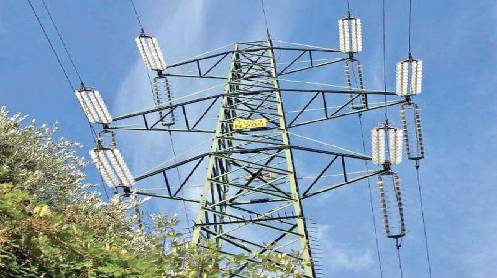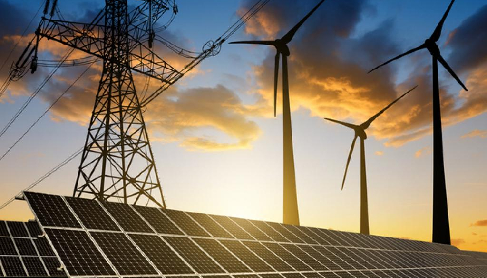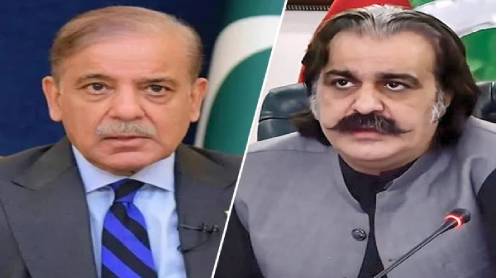ISLAMABAD: The Central Power Purchasing Agency (CPPA) on Thursday sought about 55 paise per unit additional fuel cost adjustment (FCA) for ex-Wapda distribution companies (Discos) to mop up another Rs7bn from consumers next month, despite a record 77pc electricity generation from cheaper domestic fuels, on top of a 26pc increase in the annual base tariff and an 18pc hike under the currently in-place quarterly tariff adjustment (QTA).
In a petition filed before the National Electric Power Regulatory Authority (Nepra), the CPPA acting as commercial agent of the Discos, demanded an additional FCA of 55 paise per unit in billing month of November for electricity consumed in September. The Nepra has accepted the petition and called public hearings on November 1 to see if the proposed tariff increase aligns with monthly FCA mechanisms and the economic merit order.
The increase in FCA is despite the fact that base average tariff has gone up by about Rs7.5 per unit with effect from July 1. Another Rs3.28 per unit QTA worth Rs135bn is also currently applicable for six months (October-March). This additional cost comes despite the fact that about 77.24pc of the country’s overall power supply in September was generated from cheaper domestic fuels.
Hydropower generation contributed about 37.55pc share to the national grid in September, slightly lower than 37.6pc in August. In absolute terms, the hydropower generated 5bn units in September, which was almost 17pc lower than 6bn units in August. It’s worth noting that hydropower has no fuel cost. However, the overall power supply, at 12.9bn units, was also down by 16pc in September compared to 15.5bn units supplied in August.
With almost 2.3bn unit contribution, nuclear power claimed second position (17pc) in national grid in September against 2bn units or a 12.79pc share in August. LNG-based power generation, at about 16pc, came in at third, down from 17.2pc share in August, 19.67pc in July, and 18.55pc in June.
This was followed by local coal-based generation, which stood at an 11.08pc share in September, slightly higher than August’s 10.3pc, and that of imported coal at 4.83pc, up from 4.51pc in August. The total share of coal-based power generation amounted to 15.9pc in September against 14.8pc in August. In July this year, the cumulative (local and imported) coal-based generation was at 14.69pc compared to 17.75pc share in June.
Power supply from domestic gas continued its downward trend, contributing just 7.54pc to the national grid in September, compared to 7.60pc in August, 7.61pc in July, 8.54pc in June, 10.35pc in May, and 12pc in April.
The fuel cost of furnace oil-based power generation further increased to Rs37 per unit in September up from Rs33.32 per unit in August, compared to Rs28.7 per unit in July, Rs26.1 per unit in June, and Rs23.24 per unit in May. However, furnace oil-based generation was just 1.8pc of the total power supply against its 4pc share in August.
The cost of LNG-based power generation in September increased to Rs24.2 per unit against Rs23.7 per unit in August, but was still lower than Rs24.43 in July. The cost of power generation from domestic gas slightly increased to Rs13.52 per unit in September, compared to Rs13.22 per unit in August.
The local and imported coal-based power generation cost showed a wide difference. Local coal-based generation cost just Rs7.6 per unit, up from Rs7 per unit in August, compared to Rs15.79 per unit on imported fuel, down from Rs20 per unit in August.
Three renewable energy sources — wind, bagasse and solar — together contributed about 3.9pc in September to the national grid, down from 5.8pc in August. Wind and solar have no fuel cost, while the cost of bagasse-based generation remained unchanged at about Rs6 per unit.
The CPPA claimed, on behalf of Discos, that consumers were charged a reference fuel cost of Rs7.07 per unit in September, but the actual cost turned out to be Rs7.62 per unit, hence an additional charge of 55 paise per unit should be allowed.





